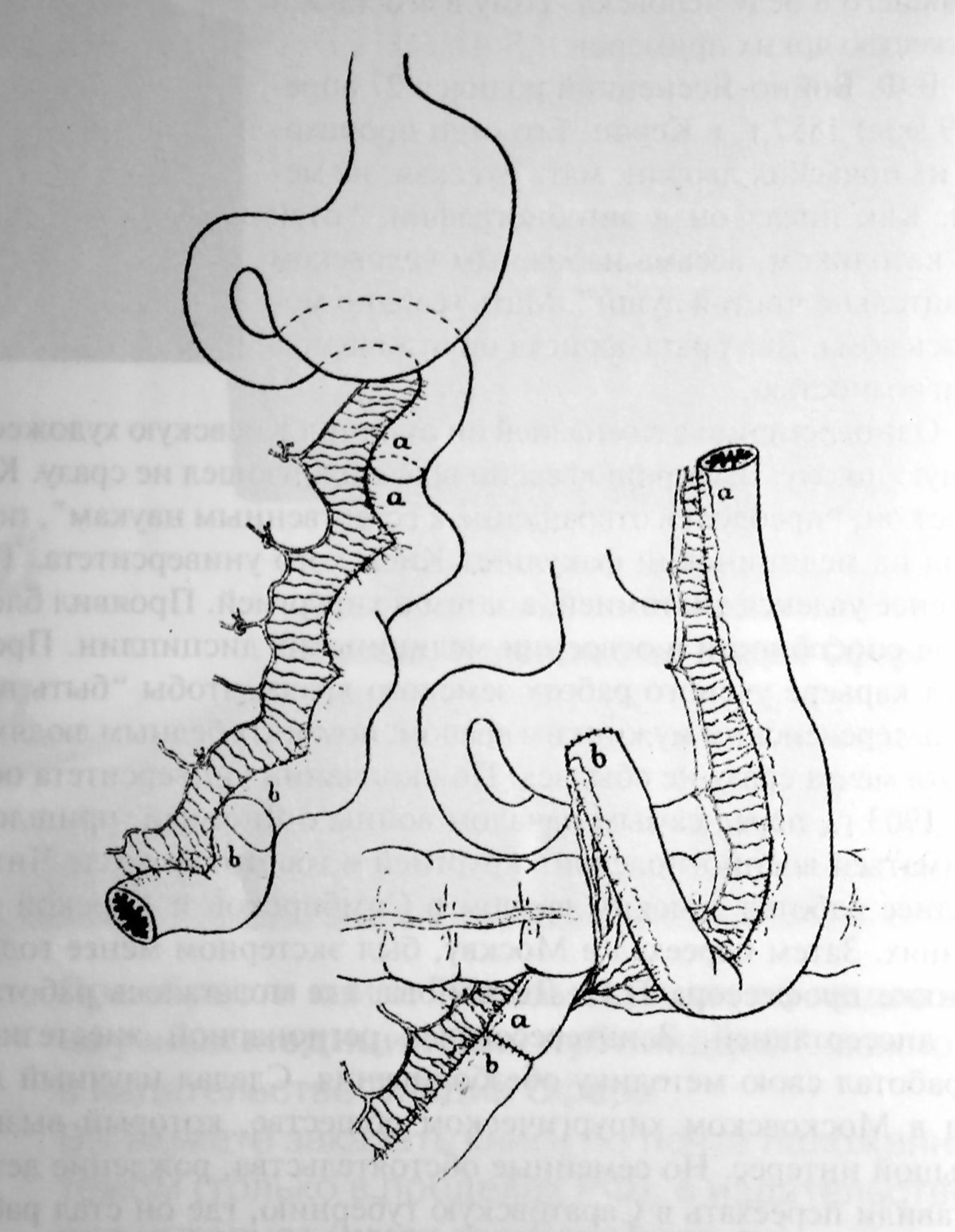
Gastric Bypass
This surgery is done on people who are obese and cannot reduce their weight in any other way. The food consumption has to be decreased when weight loss surgeries are performed, which means gastric bypass as well. This gastrointestinal surgery will change the digestive process in cases in which it is done due to obesity. In this case, it is also called bariatric surgery. The stomach will become smaller, while the small intestine will be avoided by the food path of motion. Minerals and vitamins are absorbed in the area that now doesn't come in contact with the food. This surgery has proved effective and it usually shows results very quickly.
Side Effects
There are some risk involved, like death, but this is something you have to discuss about with your doctor and decide if this surgery is worth the risk. We have said that this surgery will decrease the absorption of nutrients and minerals, which increases the chances of many nutritional deficiencies, like osteoporosis and anemia, for example. There is a solution and it refers to dietary supplements, but you should know that you will have to take them for the rest of your life. The side effects that have been documented are enlarged stomach (leading to bloating and hiccups), hernia, loosing of the staples, ulcers, narrowing of the intestine-stomach connection, and deficiency of the vitamin B12 and iron (which happen in 30% of the cases). Further complications after the surgery include gallstones, which are developed due to the fast decrease of body weight, and hernia. You should also know that the complications after the gastric bypass surgery are experienced in 10 to 20 % of patients.
For the possible problem of gallstones, you should take supplemental bile salts. Doing this surgery during pregnancy is not advised. Be sure to be well informed about the gastric bypass surgery before you decide whether to undergo it or not. Some of the most common problems felt after the surgery are cold intolerance, alternation of bowel habits, food intolerance, dehydration, vomiting and nausea. The excessive flatulence odor can also be experienced. Due to the highly malodorous flatus that the patients have, the procedure may lead to the malabsortive syndrome. Since, the food is not absorbed, there will be problems when the food starts to be digested by the bacteria and enzymes upon reaching the colon. Flatulence is maybe the most embarrassing of all the possible side effects, which unfortunately cannot be eliminated with the use of medications. For the end, learn all you can about the gastric bypass, and then decide if it is the best thing for you. But keep in mind that benefits are greater than the side effects.



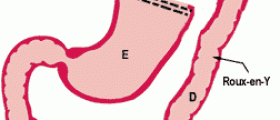


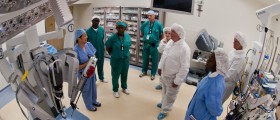

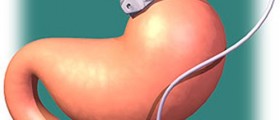




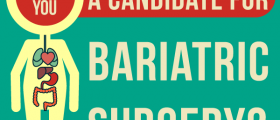

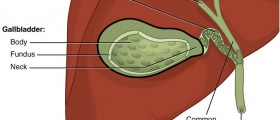

Your thoughts on this
Loading...